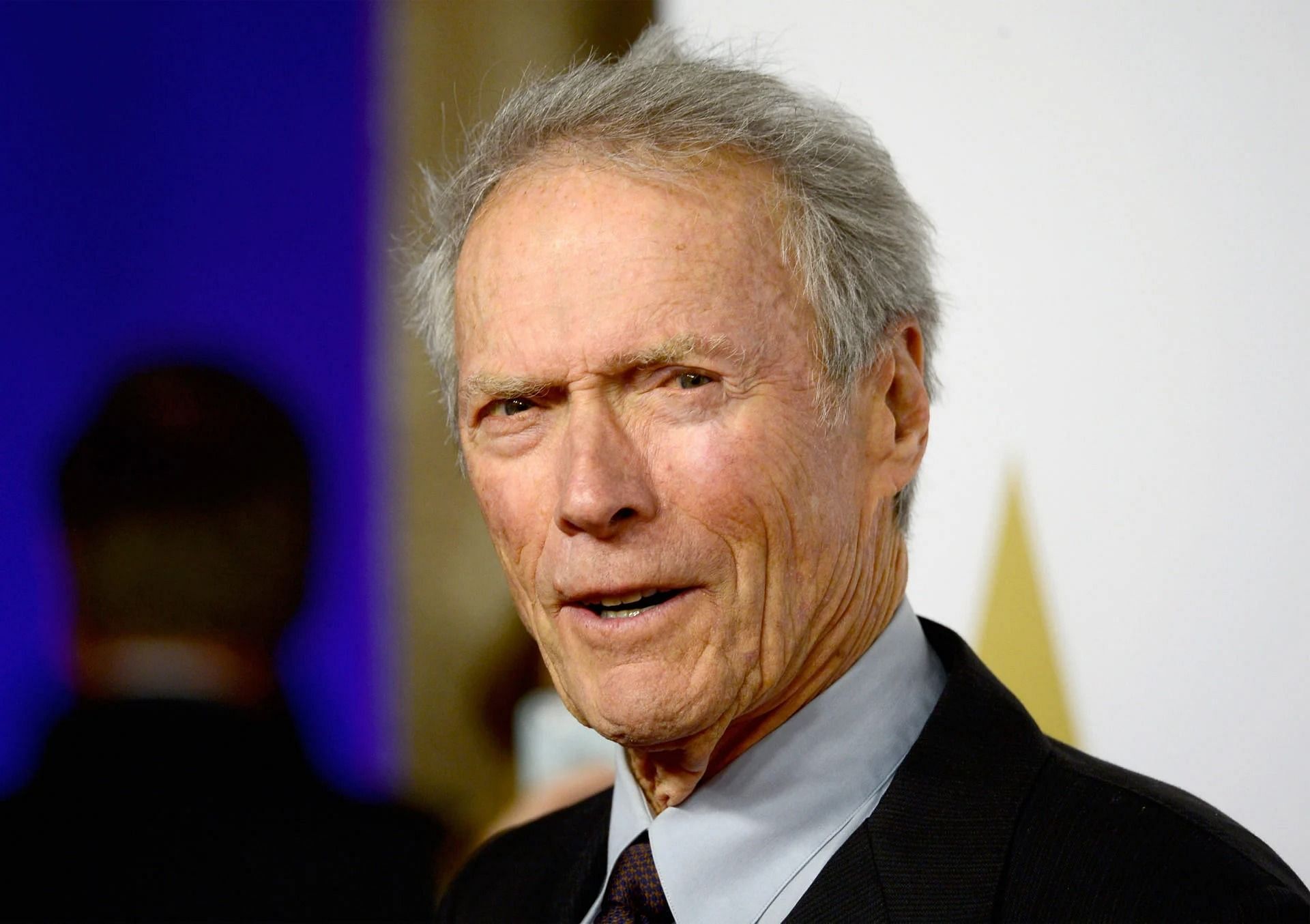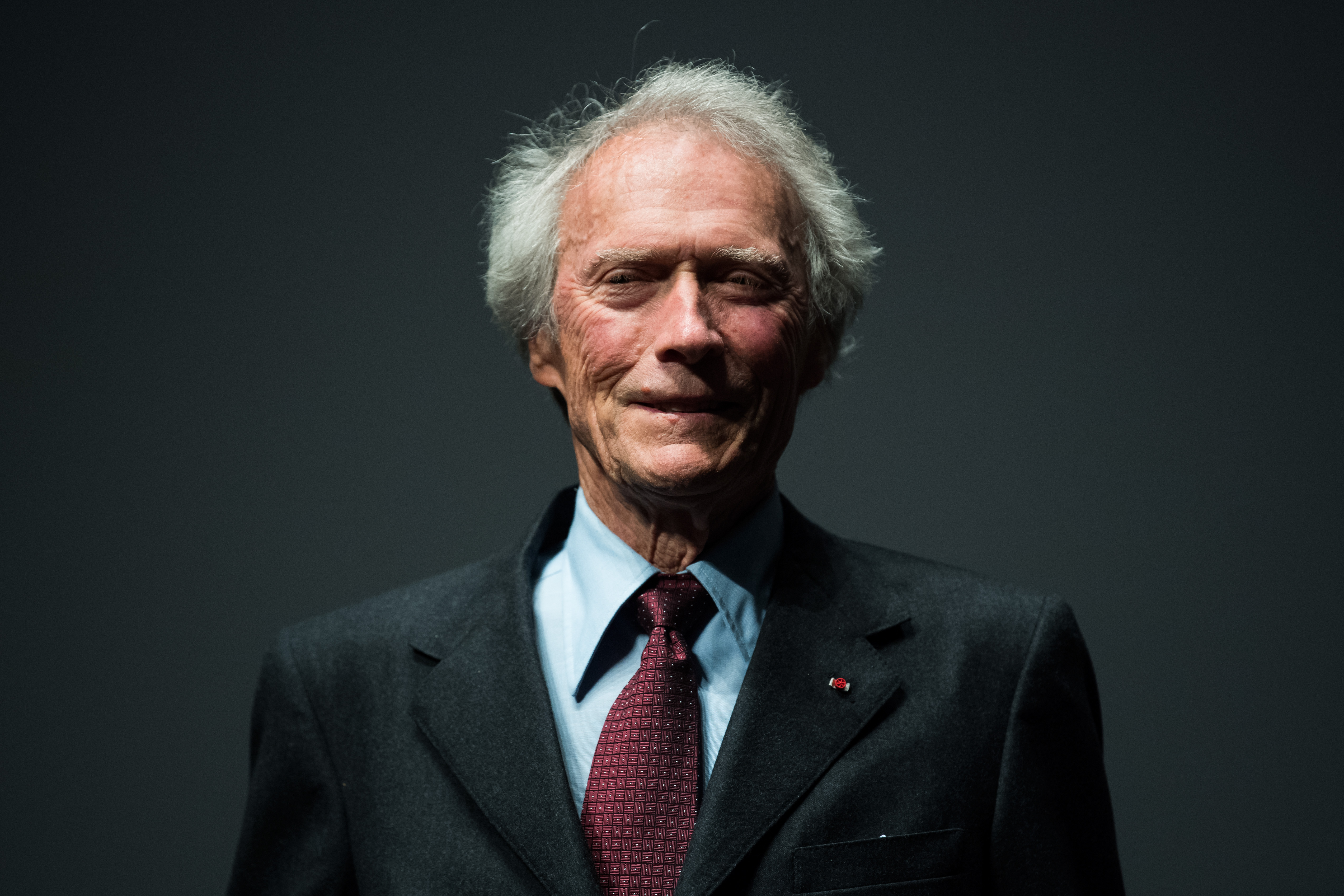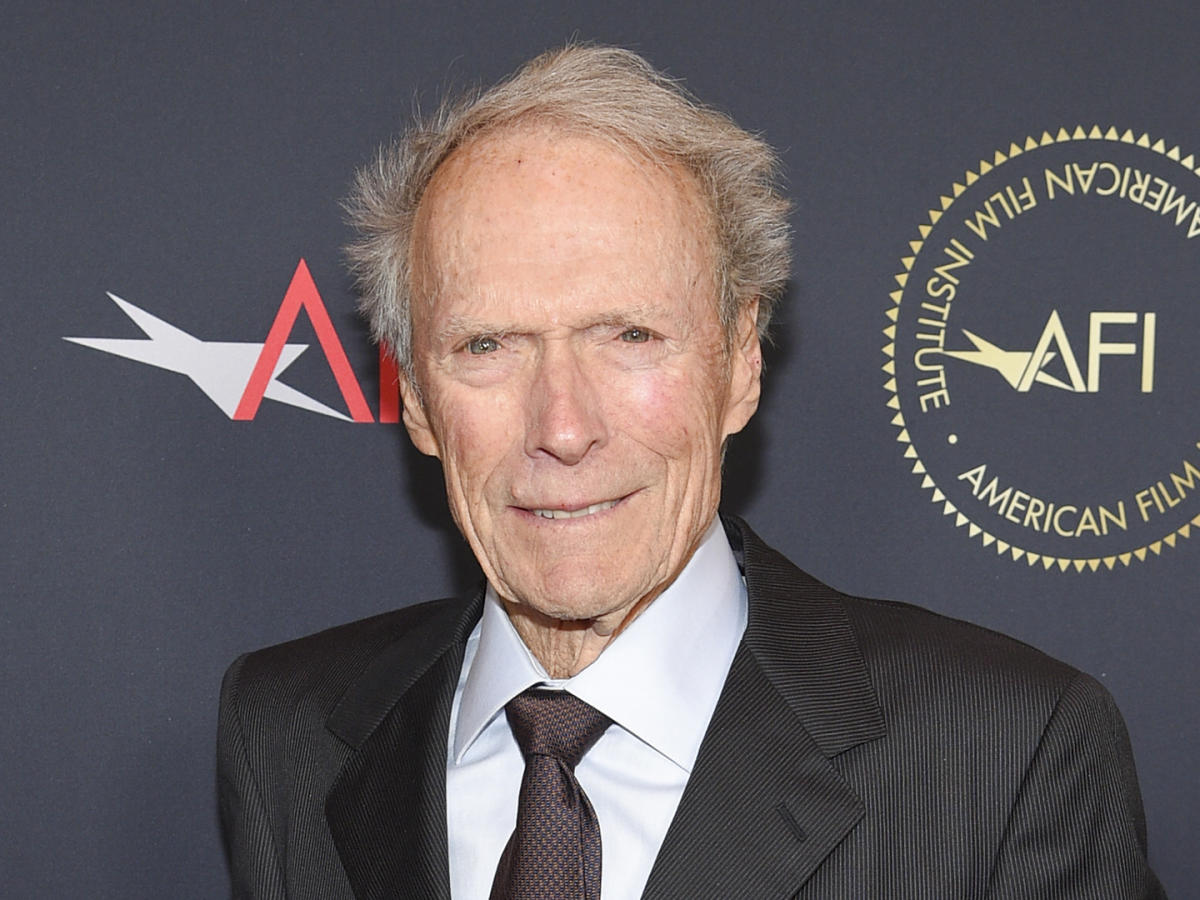Can the world truly prepare for the departure of a titan? When the name is Clint Eastwood, the answer reverberates with a resounding no. His impact on cinema is seismic, and contemplating his eventual passing isn't merely an exercise in mortality, but a reckoning with the end of an era.
To truly understand what the eventual departure of Clint Eastwood means, one must first look back at the man himself. Its not merely a summation of films and awards; its a deep dive into the ethos of a figure who redefined on-screen masculinity and challenged the very boundaries of filmmaking. His legacy, etched in celluloid and now digital, is one of unparalleled resilience, a relentless dedication to his craft, and an unwavering pursuit of artistic excellence. From the stark landscapes of his Westerns to the emotionally charged narratives of his later directorial efforts, Eastwood has consistently delivered characters and stories that burrow deep into the collective consciousness.
| Personal Details | Bio Data |
|---|---|
| Name | Clint Eastwood |
| Date of Birth | May 31, 1930 |
| Place of Birth | San Francisco, California, USA |
| Occupation | Actor, Director, Producer, Composer |
| Notable Works | A Fistful of Dollars, The Good, The Bad and The Ugly, Dirty Harry, Unforgiven, Million Dollar Baby, Gran Torino, Cry Macho |
| Awards | Academy Awards (Best Director, Best Picture), Golden Globe Awards, AFI Life Achievement Award, National Medal of Arts |
| Website | ClintEastwood.net |
Clint Eastwood, born Clinton Eastwood Jr. on May 31, 1930, in San Francisco, California, embodies the American success story. The son of Clinton Eastwood Sr., a steelworker, and Ruth Runner, a homemaker, his early life presented a stark contrast to the glittering world he would eventually conquer. He wasn't born into Hollywood privilege; his ascent was fueled by raw talent, relentless ambition, and an uncanny ability to connect with audiences on a visceral level. His initial foray into acting was hardly meteoric. Small, uncredited roles dotted his early filmography, a testament to the perseverance required to break into the industry. Yet, even in those fleeting moments, a certain magnetism was undeniable.
- Viga Movie The Ultimate Guide To A Cinematic Thriller
- Desi Mms Videos The Full Story Impact And Everything You Need To Know
The 1960s marked a turning point. Sergio Leone's "Dollars Trilogy" A Fistful of Dollars (1964), For a Few Dollars More (1965), and The Good, the Bad and the Ugly (1966) catapulted Eastwood to international stardom. His portrayal of the "Man with No Name" redefined the Western hero, trading in the clean-cut archetype for a morally ambiguous antihero, a figure who operated outside the conventional boundaries of right and wrong. With a squint, a poncho, and a steely resolve, he became an icon of cool, a symbol of rugged individualism that resonated with audiences worldwide.
Beyond the spaghetti westerns, Eastwoods evolution continued with the "Dirty Harry" franchise, beginning with Dirty Harry in 1971. As Inspector Harry Callahan, he embodied a new kind of lawman, one willing to bend the rules to achieve justice, even if it meant crossing ethical lines. The character was controversial, sparking debates about police brutality and vigilante justice, but it also cemented Eastwood's status as a box-office draw and a cultural lightning rod.
However, to define Eastwood solely by his on-screen persona would be a gross disservice. His transition to directing revealed a depth and complexity that surprised many. Films like Unforgiven (1992), which garnered him Academy Awards for Best Director and Best Picture, demonstrated his willingness to deconstruct the very myths he had helped create. Unforgiven wasn't a celebration of Western heroism; it was a brutal, unflinching examination of violence and its consequences, a meditation on the complexities of morality in a world devoid of easy answers.
- Sidney Crosby Kids A Closer Look At The Hockey Legends Family Life
- Unlocking The Secrets Of Deai Mms A Modern Love Story In Your Pocket
His directorial ventures continued to push boundaries. Mystic River (2003), a haunting drama about childhood trauma and its ripple effects, showcased his ability to elicit powerful performances from his actors. Million Dollar Baby (2004), another Best Picture winner, tackled themes of ambition, sacrifice, and euthanasia with a sensitivity and nuance that defied expectations. Letters from Iwo Jima (2006), told the story of the Battle of Iwo Jima from the perspective of Japanese soldiers, demonstrating his commitment to exploring different perspectives and challenging conventional narratives.
His approach to filmmaking is characterized by efficiency and a minimalist aesthetic. He famously keeps his sets running smoothly, often shooting quickly and with minimal takes. This efficiency, coupled with his commitment to telling compelling stories, has made him one of the most respected and prolific filmmakers of his generation.
Eastwood's influence on cinema is undeniable. He has redefined the Western genre, challenged conventional notions of heroism, and explored complex themes with a rare combination of intelligence and emotional depth. His impact extends beyond his films themselves; he has inspired countless actors and filmmakers, and his work continues to resonate with audiences worldwide. He embodies a certain old-school Hollywood ethos, a dedication to craft and a commitment to storytelling that is increasingly rare in the modern era.
The list of Clint Eastwood's most iconic films is a testament to his versatility and enduring appeal. While subjective, certain titles consistently emerge as pivotal in shaping his legacy.
- The Good, The Bad and The Ugly (1966): This isnt merely a film; its a cultural touchstone. The spaghetti western that etched Eastwood's image into the global consciousness. The films operatic scope, Ennio Morricone's unforgettable score, and Eastwood's stoic portrayal of Blondie, the "Man with No Name," created a cinematic experience that continues to captivate audiences decades later. It solidified the archetype of the morally ambiguous antihero and redefined the visual language of the Western genre.
- Dirty Harry (1971): A controversial yet undeniably influential film. Dirty Harry introduced Inspector Harry Callahan, a cop who operated outside the boundaries of the law to bring criminals to justice. The film sparked debates about police brutality and vigilante justice, but it also resonated with audiences who were frustrated with the perceived ineffectiveness of the legal system. Callahan's iconic line, "Go ahead, make my day," became a cultural catchphrase.
- Unforgiven (1992): Eastwood's masterpiece. This revisionist Western deconstructs the myths of the Wild West, presenting a brutal and unflinching portrayal of violence and its consequences. Eastwood's performance as William Munny, a retired gunslinger haunted by his past, is both powerful and nuanced. The film garnered him Academy Awards for Best Director and Best Picture, solidifying his status as a serious filmmaker.
- Million Dollar Baby (2004): A poignant and emotionally resonant drama that showcased Eastwood's directorial prowess. The film tells the story of Maggie Fitzgerald, an underdog boxer who is trained by a grizzled veteran, Frankie Dunn (Eastwood). Million Dollar Baby tackles themes of ambition, sacrifice, and euthanasia with sensitivity and nuance. It won Best Picture at the Academy Awards, further cementing Eastwood's reputation as a master storyteller.
- Gran Torino (2008): A later work, but no less impactful. Gran Torino highlights Eastwoods ability to tackle social issues through compelling storytelling. He plays Walt Kowalski, a Korean War veteran who forms an unlikely bond with his young Hmong neighbor. The film explores themes of prejudice, redemption, and the changing face of America. It's a powerful and moving film that showcases Eastwood's ability to connect with audiences on a deeply personal level.
The anticipation of Clint Eastwood's passing elicits a complex blend of emotions. The sheer outpouring of grief is almost guaranteed. Social media will be flooded with tributes, anecdotes, and expressions of gratitude. Film festivals and retrospectives will celebrate his extensive filmography, reminding audiences of the breadth and depth of his work. The impact on the film industry will be palpable, sparking conversations about his contributions and the future of cinema in his absence.
His legacy is secure. He has left an indelible mark, inspiring countless filmmakers and actors. The themes he explored justice, redemption, the complexities of human nature will continue to resonate. His ability to reinvent himself, adapt to changing times, and consistently deliver compelling stories ensures his work will be studied and admired for generations to come. His influence extends far beyond mere entertainment; he has shaped our understanding of American identity and challenged us to confront uncomfortable truths.
Clint Eastwood is, without question, a cultural icon. His unique blend of rugged masculinity, artistic vision, and dedication to storytelling has made him a symbol of American cinema. The characters he portrayed, the films he directed, and the themes he explored often reflect the complexities of the American experience, making his work both relevant and impactful. His death will serve as a moment of national reflection, a time to consider the cultural significance of his contributions and the enduring power of his cinematic vision. He will be remembered not just as an actor or a director, but as a storyteller who captured the spirit of America and shared it with the world.
Fans have already begun to articulate their thoughts and feelings about the inevitable day. Gratitude is a recurring theme, with many recounting how his films have shaped their lives and influenced their perspectives. Social media serves as a virtual gathering place, where fans share memories, anecdotes, and personal stories connected to his work. Conversations often center on the moral complexities explored in his films, demonstrating his profound and lasting impact on popular culture. The discussions aren't merely about entertainment; they're about the human condition, about the choices we make, and the consequences we face. The personal connection Eastwood has fostered with his audience is a testament to his ability to tell stories that resonate on a deeply emotional level.
- Brandi Passante Leaked The Untold Story You Need To Know
- Exploring The World Of Vegamovies 18 Movie Your Ultimate Guide


